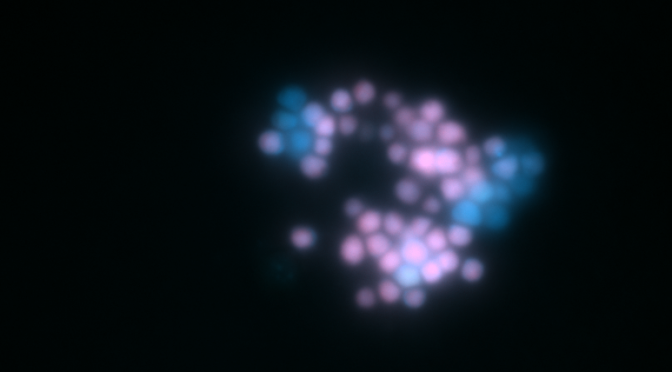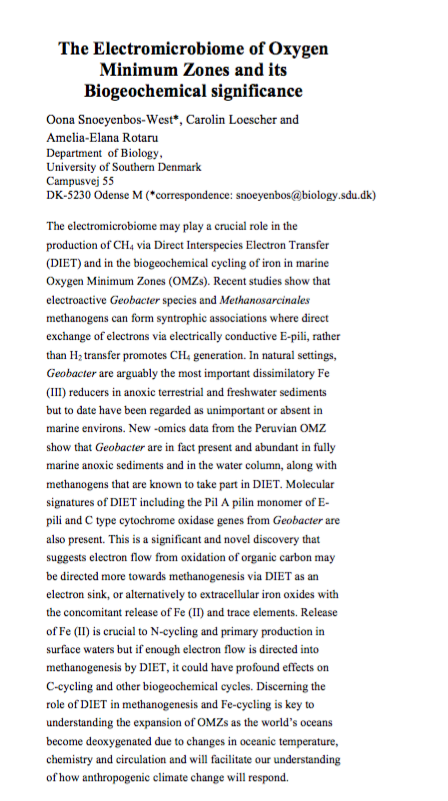On November 23rd, I gave an invited talk for the graduate schools of Microbiology at the Max Planck Institute of Terrestrial Microbiology, the Philips University Marburg and the University of Tuebingen.
It was an excellent meeting covering diverse aspects of microbiology, especially structural and molecular microbiology. It was wonderful to be once again in Marburg.
Here is the flyer for the meeting where you can see the line up of speakers selected by the students for the students: Neu Flyer Spotlight 03.11.2017


